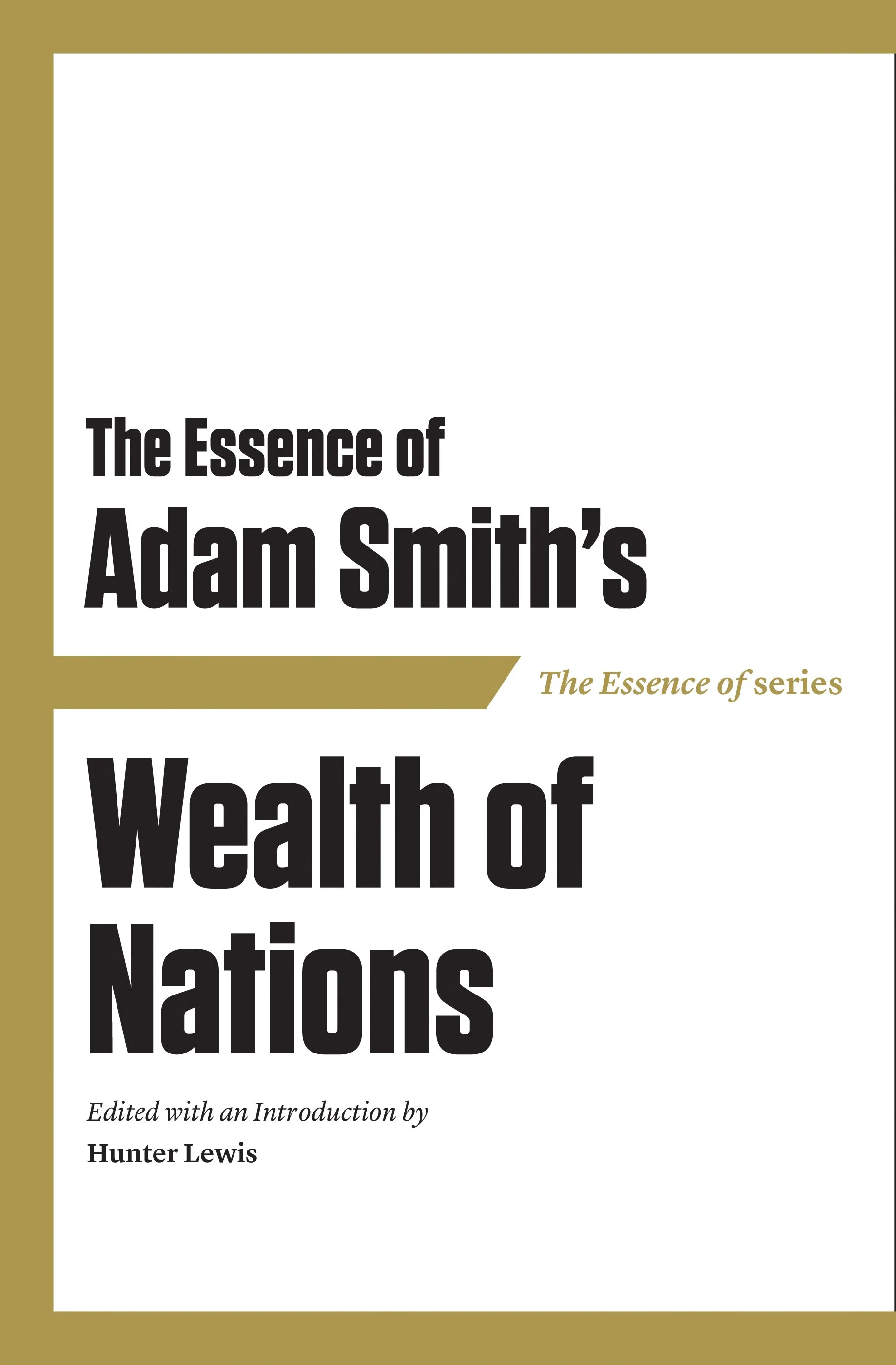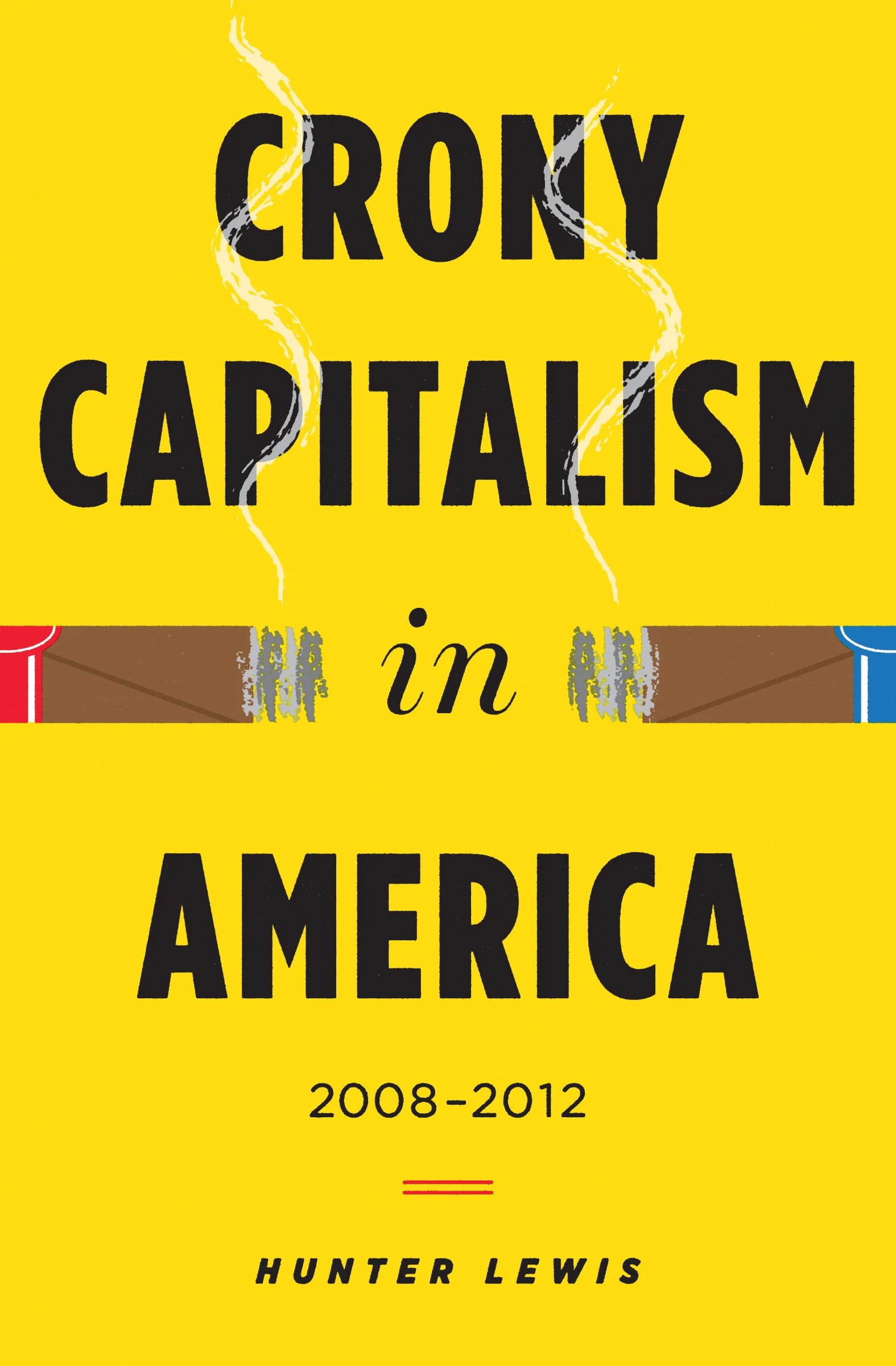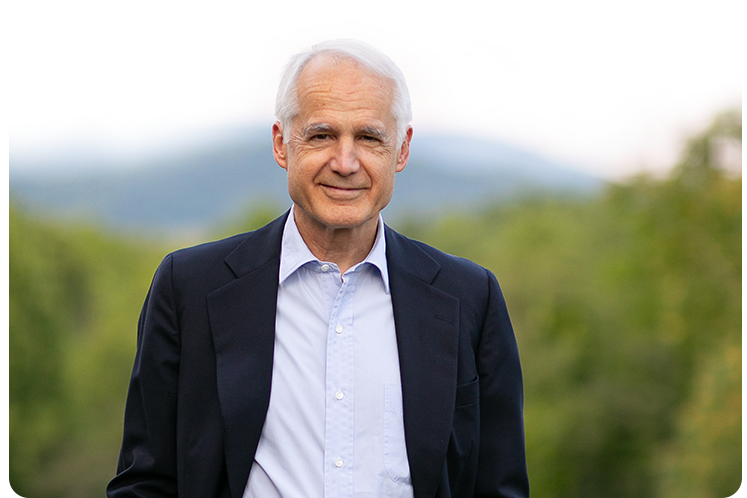Are the Rich Necessary?
Great Economic Arguments and How They Reflect Our Personal Values
Author: Hunter Lewis
ISBN: 978-1-60419-016-8
eISBN: 978-1-60419-029-8
Hunter Lewis examines the most fundamental economic questions that underlie society. An introduction to economics for laymen, the book covers both sides of the great economic arguments of our day.
Available From:
Are the rich necessary? Do we need more millionaire taxes? Is Wall Street greed corrupting our politics? Is capitalism even compatible with democracy? Do free markets cause recessions? Is the profit system to blame for the recent financial crash? Are there alternatives?
In ARE THE RICH NECESSARY?: Great Economic Arguments and How They Reflect Our Personal Values, Hunter Lewis examines the most fundamental economic questions that underlie society. An introduction to economics for laymen, the book covers both sides of the great economic arguments of our day. In an always lively, point-counterpoint style, he challenges conventional positions on both sides of each issue.
Stepping aside from the current economic battle zone, Lewis next lays out the different value systems that guide all our economic choices. By understanding the personal values embedded in the arguments, we can make better sense of them.
Finally, Lewis proposes a new way to bridge the extremes of super rich and poor, of free markets and safety nets; a solution that would involve a massive expansion of the nonprofit sector through tax credits. His solution is to build up the nonprofit sector so that it will become a full partner of government and the private sector and be able to provide real solutions in the areas of social services, health, housing, and education. Lewis’s solution offers a forward-thinking alternative to the bitter and often sterile debate between friends and foes of “big” government regarding taxing the rich and creating economic equality.
With financial disparity and economic justice among the biggest issues on the agenda of the Obama administration, Lewis asks us to make our own judgment based on our personal values about the pros and cons of the rich and solutions to this vexing problem.
In addition, Federal Reserve policy and its impact on monetary inflation, the money supply, and the economy are explained, providing both an understanding of current Fed policies whether they lead to real economic recovery or more inflation or future economic collapse.
You may pick up this book to understand the recent economic crisis or to answer some vital questions that affect the way you vote, your job, and your financial future. Either way, you will have to rethink some of your most cherished beliefs.
Overview
-
Readers polled in 2010
Are the Rich Necessary?
No 29% Yes 71%
Are the rich compatible with democracy?
No 26% Yes 74%
Must we accept so much inequality?
No 44% Yes 56%
Does the profit system glorify greed?
No 54% Yes 46%
-
Part One: The Central Economic Problem
1. Why Are We Still So Poor?
2. The Appeal of Science
3. Economic Arguments
Part Two: The Rich
4. Are the Rich Necessary?—No
5. Are the Rich Necessary?—Yes
Part Three: The Rich in a Democracy
6. Are the Rich Compatible with Democracy?—No
7. Are the Rich Compatible with Democracy?—Yes
Part Four: Profit-making
8. Are Private Profits Necessary?—No
9. Are Private Profits Necessary?—Yes
10. Are Private Profits Necessary?—No/Yes
Part Five: Glaring Inequality
11. Are There Alternatives to the Profit System?—Yes/No
12. Should We Accept This Degree of Inequality?—No/Yes
Part Six: Greed
13. Does the Profit System Glorify Greed?—Yes
14. Does the Profit System Glorify Greed?—Yes, and a Good Thing
15. Does the Profit System Glorify Greed?—No
Part Seven: Government
16. Can Government Protect Us from the Excesses of the Profit System?—Yes
17. Can Government Protect Us from the Excesses of the Profit System?—No
Part Eight: Profit-making and Depressions
18. Does the Profit System Cause Depressions?—Yes/No
Part Nine: Central Banks
19. Can Central Banks Protect Us from Depressions and Lead the Economy?—Yes
20. Can Central Banks Protect Us from Depressions and Lead the Economy?—No
Part Ten: The Global Profit System
21. Does Global Free Trade Destroy Jobs?—Yes
22. Does Global Free Trade Destroy Jobs?—No
Part Eleven: Four Economic Value Systems
23. Competing Economic Value Systems
Part Twelve: Reconciling Opposing Viewpoints
24. Expanding the Nonprofit Sector
Appendices
A. What Is a “Fair” Price?
-
ISBN-13: 978-1-60419-016-8
Publication date: 10/16/2009
Edition description: Updated and Expanded Edition
Pages: 413
Product dimensions: 5.30(w) x 7.90(h) x 1.20(d)
-
“Are the Rich Necessary? is both a highly provocative and a highly pleasurable read.”
Harry Hurt III | The New York Times
Reviews
“Great reading for anyone interested in quickly expanding their knowledge of today’s political–economic issues.”
Publishers Weekly
“Hunter Lewis…does not get lost in lengthy academic analyses…. His approach to the topics is very direct, the pulp of the debates on all sides of a multifaceted problem is squeezed out, and opposing positions are made to stand on their own against each other…. Lewis is a master at getting the theories naked for the confrontation, without academic embellishments, with their pros and cons, and down to their essential and pragmatic characters.”
Carlo Martini | Metapsychology Online Reviews
“Excellent . . . Lewis has an ingenious idea . . . that he hopes will elicit agreement from the proponents of the major value perspectives.”
David Gordon | The Mises Review
-
“Never was so much owed by so few to so many. Hunter Lewis, author of Are the Rich Necessary? talks about how the rich can actually be a benefit to us all.”
Featured Interview with Hunter Lewis in Times of London (January 19, 2010)
——
“Are the Rich Necessary is a discussion about the roles that the wealthy play in our society, including philanthropic roles…. [It] concludes with an eleven-page solution to ending the war between differing social theories based on expanding the nonprofit sector. Lewis proposes increasing tax credits for philanthropic contributions, which would greatly expand the capacity of the nonprofit sector to solve the world’s problems.”
Kevin Beerstecher | PhilantrophyNYU.com
——
“In my high school days I had a friend who had been thoroughly imbued with the socialist mindset. He was willing to concede there might be some adverse consequences if the government went too far toward equality and economic control, but was adamantly in favor of the “humanity” of socialism. We amiably debated the role of profit, income inequality, just prices, greed, and similar questions.
Reading Hunter Lewis’s Are the Rich Necessary? made me think back on those discussions, for it delves into the basic economic and philosophical disputes between advocates of socialism and advocates of laissez-faire capitalism. Throughout, Lewis gives readers a dialogue between opposing points of view similar to but much more learned than my debates back then. I regard his presentation of the socialist/egalitarian philosophy as fair (Lewis is not merely pummeling a strawman), but the pro-market side clearly comes out on top. If you were to give the book to a libertarian son or daughter, you need not worry about turning him or her into a Marxist.
At the outset Lewis says he isn’t trying “to propagate a particular set of ideas.” It is obvious, however, that he knows the free-market arguments very well and is not indifferent between the two camps.
His first chapter digs into the title question: Are the rich necessary? Lewis presents several arguments that they are not: that they are parasites, cause poverty, and exploit the poor. In support of that litany of complaints Lewis quotes Abby Rockefeller (yes, a descendant of oil billionaire John D. Rockefeller), who said, “Many suffer because of the few.” Lewis then follows up by making the case that the rich (at least those who earn their money) are beneficial.
In presenting the pro-market side, Lewis quotes extensively from Henry Hazlitt: “No matter whether it is their intention or not, almost anything that the rich can legally do tends to help the poor. The spending of the rich gives employment to the poor. But the saving of the rich and their investment of these savings in the means of production gives as much employment and in addition makes that employment constantly more productive and highly paid.”
It’s hard not to notice that the argument against income inequality has a bumper-sticker quality to it, while Hazlitt’s rejoinder aims at the rational faculties. I don’t think Lewis is being unfair here. You could make the anti-capitalist argument longer, but you can’t make it any better.
Another topic Lewis addresses is profit. My high-school friend was against profits because in his view they made things more expensive. We find that childish notion in the arguments that profit is unnecessary. Lewis cites historian Howard Zinn, who contends that the profit system “distorts our whole economic and social system . . . leaving important things unproduced.”
In the following pro-profit arguments he presents, Lewis adduces facts that show the silliness of Zinn’s position. For example, he refers to Mark Kurlansky’s book Cod to show how the profit motive led people to make the discoveries and investments necessary for large-scale cod fishing to begin, which in turn made it possible for great numbers of Europeans to increase their protein intake substantially. People made the investments in commercializing the cod fishery because they thought they would be profitable. Progress in overcoming hunger hinged on the market’s profit motive. Lewis also goes into the alternatives to privately owned, profit-seeking business (government ownership and worker-owned firms) and points out that they entail serious difficulties.
How about economic depressions? Opponents of the free market often point to depressions as proof of the need for pervasive government regulation of the economy or even state ownership. Freeman readers will be delighted to read the counterarguments that Lewis gives. They are based on Austrian insights that government manipulation of money and credit causes widespread misallocation of capital to projects that have to be liquidated once the tinkering ends. Lewis deserves a round of applause for making Austrian business cycle theory comprehensible to the average reader.
Are the Rich Necessary? also plows into other key aspects of the intellectual battle between free-market advocates and their opponents, including globalization, central banking, and “just prices.”
This highly readable book would be an excellent gift for anyone whose economic thinking is at the same level as my friend’s was. I am going to pass my copy along to my sons. Their economic understanding is much better than his was, but the book is certain to sharpen their understanding and give them an arsenal of arguments to use against the anti-capitalist mentality. ”
George C. Leef | Foundation for Economic Education
——
PRAISE FOR ARE THE RICH NECESSARY?
“Utterly enthralling.” — McClatchy News Service
“A tour de force of economic thinking.” — Arthur Segel (Professor of Management Practice, Harvard Business School)
“Carefully weighing the pros and cons of big-think economic issues . . .Lewis . . . offers some big ideas of his own. — Justin Ewers (U.S. News & World Report)
“Highly readable . . .[with] punchy . . . argument[s].” — Harvard Magazine
“Goes back to the basic[s] . . . of economics.” — Daljit Dhalival (ABC News)
“Lewis sees great promise in expanding the nonprofit sector . . . to bring the various economic factions together.” — Lisa Von Ahn (Reuters)
“Radical, thought provoking.” — Lord Rothschild (Jacob)
“Creative.” — Boston Globe
“Pits the likes of Al Sharpton against Milton Friedman. Fair fight.” — Jesse Eisinger (Conde Nast Portfolio)
“Interesting . . . refreshing.” — Thomas Kostigan (Market Watch, Dow Jones)
“Hunter Lewis . . . argues both sides of such questions as ‘Are there alternatives to the profit system?’ and ‘Can government protect us from the excesses of the profit system?’ . . . [then] sets forth his own argument on the best way to ease poverty and create economic cooperation, which he says is key to building lasting societal wealth.” — Anne W. Howard (The Chronicle of Philanthropy)
“Provocative.” — Mike Schneider (Bloomberg Television)
“Prompts the reader to question his or her assumptions.” — Kathryn Fuller (Chair of the Board, Ford Foundation)
The ‘rich question’ is the issue on which economics was founded.” — Mark Thornton (LewRockwell.com)
“I’m intrigued.” — Helen Jonsen (Forbes.com)
“A fantastic book, a must read, five stars out of five.” — Pat Gorman (Colorado Radio)
“[Lewis] . . . break[s] complex subjects down into understandable language.” — David Maurer (Daily Progress, Charlottesville, Virginia)
Related Reading
About the Author
Hunter Lewis
Hunter Lewis, co-founder of global investment firm Cambridge Associates, has written nine books on moral philosophy, psychology, and economics, including the widely acclaimed Are the Rich Necessary? (“Highly provocative and highly pleasurable.”—New York Times). He has contributed to the New York Times, the Times of London, the Washington Post, and the Atlantic Monthly, as well as numerous websites such as Forbes.com, Fox.com, RealClearMarkets.com, and Townhall.com. He has served on boards and committees of fifteen leading not-for-profit organizations, including environmental, teaching, research, cultural, and global development organizations.
